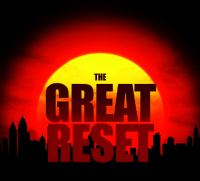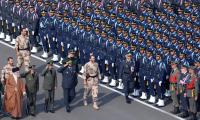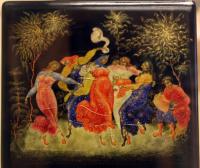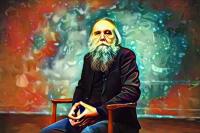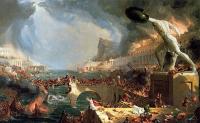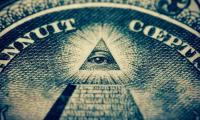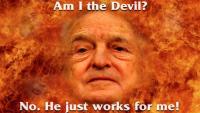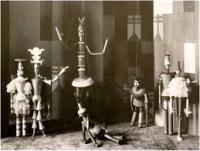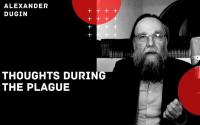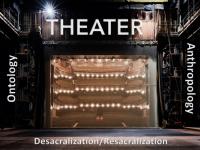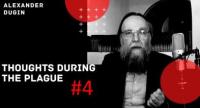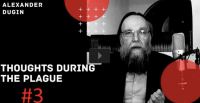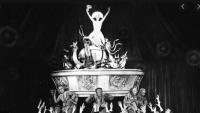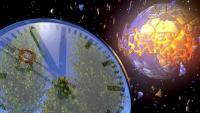THE GREAT PHILOSOPHER YURI MAMLEEV
Landscapes of Mamleev are infernal, you might say. I would write better about something bright, about how all of us to be. Mamleev did not choose the world in which he was born. What he saw, and that was singing. He saw mostly horror. And not because Heidegger believed that only in a state of horror one realizes the fact of his being in the world, grasp of the structure of Dasein. Mamleev was not from philosophy to reality, but from reality to philosophy.Seeing the infernal around him, clearly and vividly aware of himself in hell, he just cried, squeezing a scream, hoarse, and it became in his mouth, art, philosophy, literature. Plato and Aristotle unanimously said that philosophy begins with wonder. Needless to say, Yuri Mamleev was really surprised, one might even say, unpleasantly surprised by the fact that he found around himself in the incarnation in the body. And kept it fresh feeling horrendous surprise until his death. He never got used to the world, despite the fact that he lived in it for a long time.To death it was something naive and childish.


